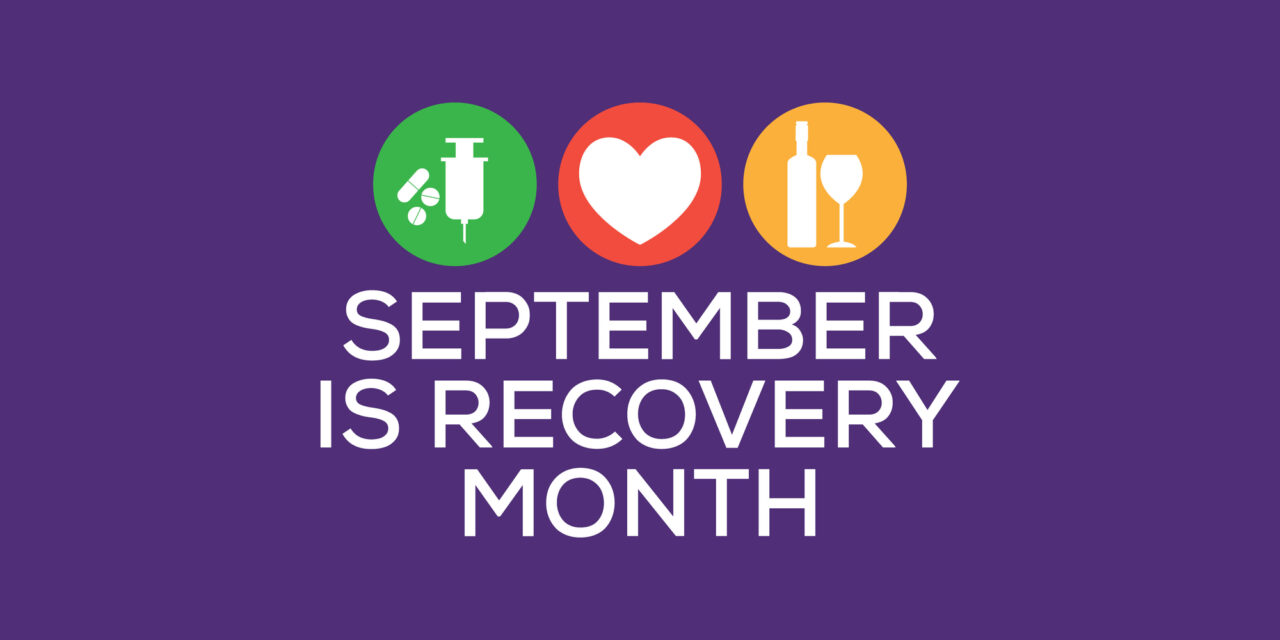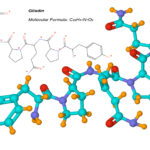by Claire Rosenecker
September is National Addiction Recovery Month. It is a time to focus on those struggling with addiction and acknowledge the importance of prevention and treatment. It is also a time to recognize that while millions of lives are saved through recovery, thousands more lose their battles in overcoming addiction each year. In April 2021, the U.S. Centers for Disease Control and Prevention (CDC) confirmed that overdose deaths in the U.S. had exceeded 100,000 over a 12-month span. Stigma remains one of the largest barriers to those in need of help, which is why we must educate ourselves to actively reduce the stigma.
What is Stigma? Stigma refers to the negative feelings that people have about an individual’s circumstances or characteristics. Many people hold negative and judgmental views toward individuals battling addiction. Their views often stem from a lack of education and awareness, and resistance to learning how to support those who are struggling.
How Does Stigma Affect Those Seeking Recovery? Stigma has a significant impact on the likelihood of an individual’s willingness to ask for help. Those who are stigmatized are often overcome by shame, embarrassment, failure, depression, and fear of judgement if they ask for help.
How You Can Help. While great strides have been made to support those in recovery, addiction remains one of the most stigmatized health conditions. Each one of us can make a difference in decreasing stigma in simple ways that matter.
1. Choose your words. When talking about addiction, use “person-first” language, focusing on the person and not their condition. Avoid words like addict, user, abuse, junkie, alcoholic, drunk, and former addict.
2. Educate yourself. Stigma often results from misinformation and misunderstanding. Many assume addiction is a direct result of a lack of willpower. However, like other chronic diseases, such as diabetes or heart disease, addiction is not just a choice. It is a complex disease of the brain and body. Individuals of all races, ethnicities, backgrounds, and economic status are impacted by addiction. Take the time to learn more about the nature of addiction. For resources, visit www.samhsa.gov.
3. Provide and receive support. It is important to know that treatment works. Through counseling, medication-assisted treatment (MAT), and support services, recovery is possible. Remind those needing support that it is okay to ask for help, and know that addiction impacts the whole family. If a loved one is battling addiction, get support for yourself so that you can be there to help and support your loved one.
Horizon Health Services is committed to denouncing stigma and supporting individuals and their loved ones who are facing addiction and mental health challenges. Horizon has over 20 locations throughout Western New York, including easy access to treatment through telehealth and more intensive care provided at our detox, stabilization, and residential facilities. We also have a Parent and Family Support Group for loved ones seeking education and resources. Learn more at www.horizon-health.org, or call 716-831-1800.
Claire Rosenecker is Corporate Communications Coordinator at Horizon Health Services.












